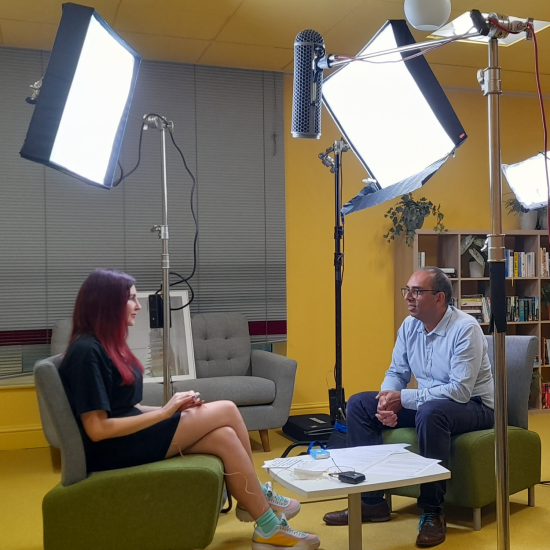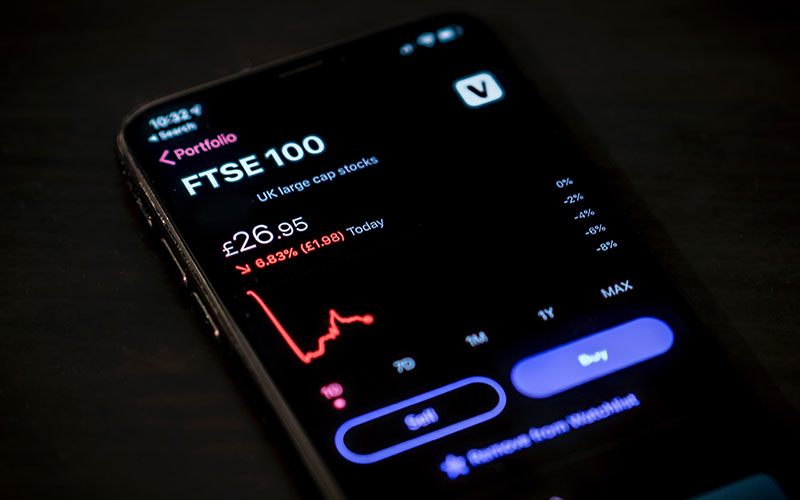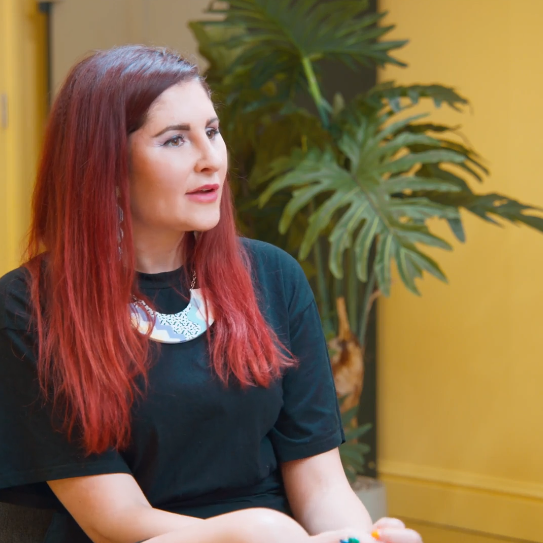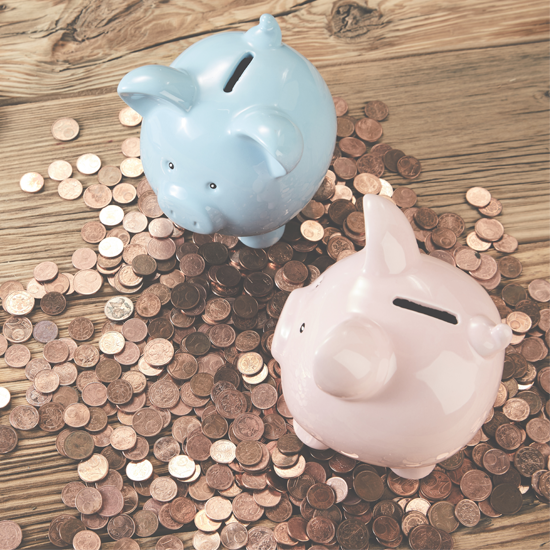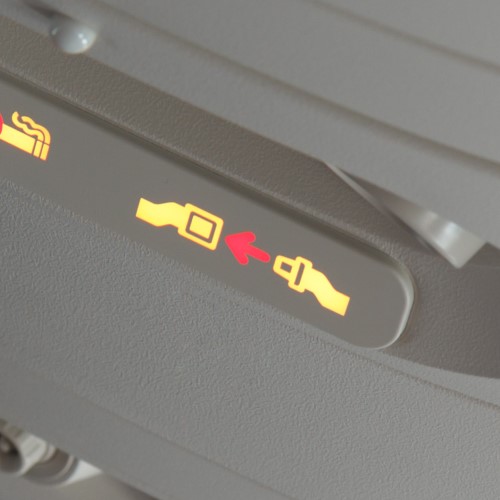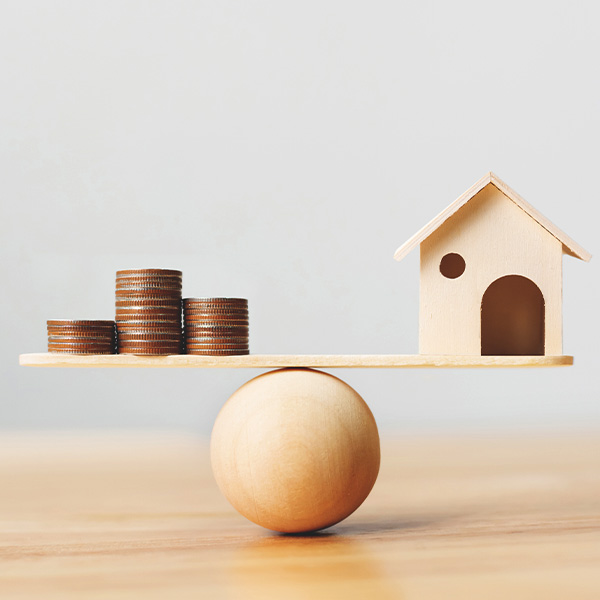Saving and investing your money
If you're putting your hard-earned money away for the future, you want to know that it's in the best place to grow and keep up with inflation.
So, will you save or invest it?
Saving means putting your money in an account where it will grow with interest rates. Investing means buying shares to grow your money as the value of those shares (hopefully) goes up.
Discover everything you need to know about saving and investing, including which is right for you, below.
- Looking for ways to spend less and save more? Visit our budget tips page for our guides to saving money.
- Visit our saving for children insights page to find out how to save on behalf of a child and how to teach children habits that will help them avoid debt as adults.
How to save
Putting money into a savings account can be a good option if you're looking to save short-term (less than five years) or think you might need to access your money at some point soon.
Different savings accounts come with different rules. Some offer you a higher interest rate if you leave your money in the account for a set period of time (a fixed term), while others allow you take money out whenever you like but the interest rate they offer tends to be lower.
Just keep in mind that if inflation (the cost of living) goes up by more than the amount you make in interest, your money will be able to buy less than it can today.
Find out more about putting your money in a savings account:
Sorry, we couldn't find any posts. Please try a different search.
How to invest
If you want to put money away for five years or more, investing might be a good option.
You have more potential to make money when investing than you would if you relied on interest rates to grow your money. In fact, in every five-year period between 2000 and 2021, stocks and shares have out-grown interest rates*.
But, as the value of the assets you invest in is likely to go up and down, there is a risk that you could get back less then you put in if you withdraw your money at a time when the value is lower.
Take a look at our Investing for Beginners guides to learn more about how to get started in investing and the risks to be aware of.
*Source: Barclays GILT study 2023.
Find out more about investing:
Saving and investing with an ISA
ISAs (Individual Savings Accounts) are different from other savings accounts because, no matter how much money you make, you don't need to pay tax on it.
They are available as "cash" and "stocks and shares". Cash ISAs grow with interest rates, whereas stocks and shares ISAs invest in the stock market.
Find more about ISAs:
Teaching children about money
One of the most important lessons you can teach your children is how to budget and manage their own money.
Giving them some financial responsibility can help them to understand the value of money, how much things cost, how to save up for something they want and make budgeting feel like a normal part of life.
Take a look at our child savings insights page to find out about ways to save money on behalf of children and how to educate children about the cost of living.
Read more about helping your children become financially responsible:

